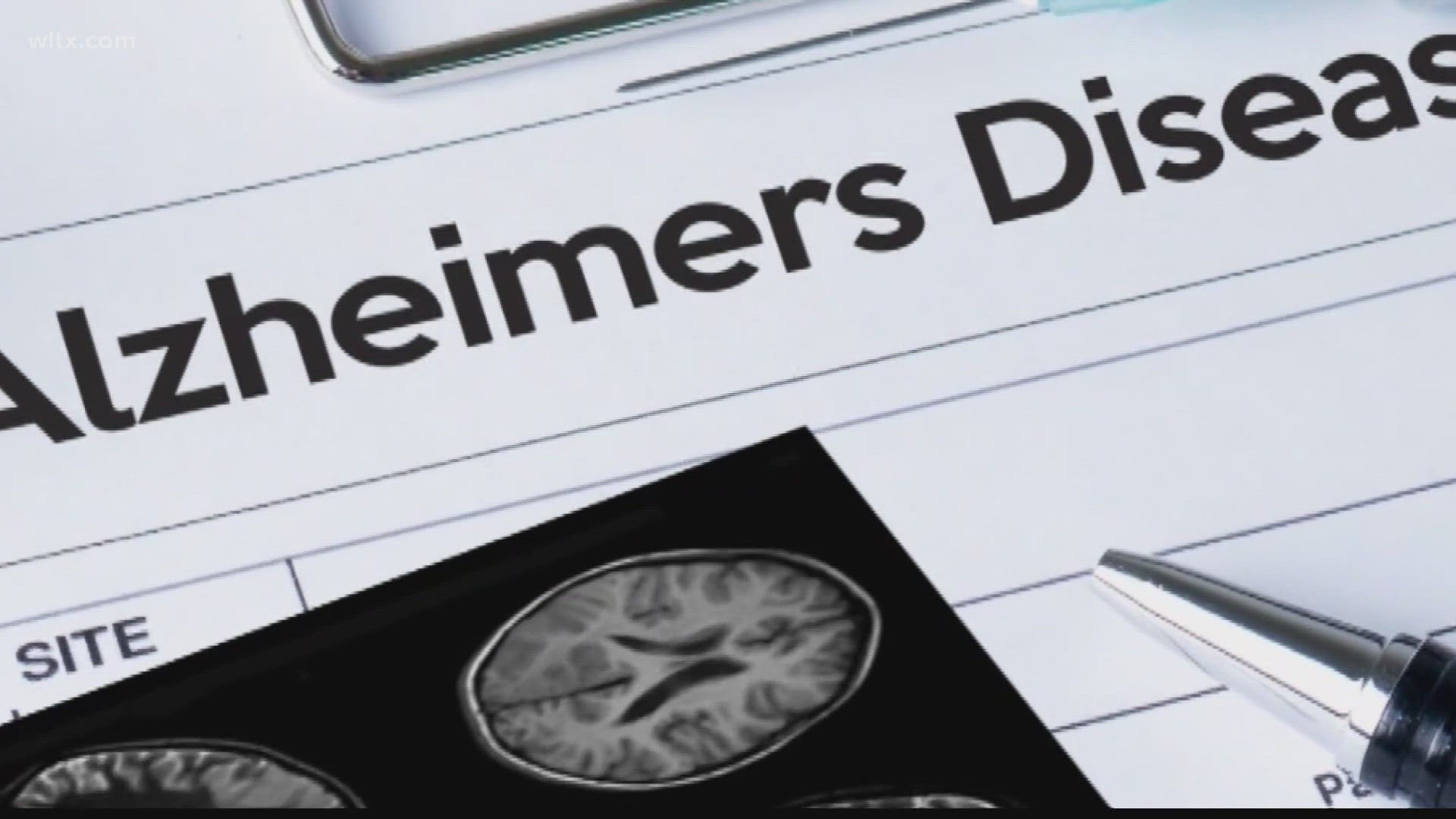COLUMBIA, S.C. — South Carolina's three research universities are joining forces to create the state's first Alzheimer's Disease Research Center, thanks to a $10 million allocation in the state's budget.
Researchers from the University of South Carolina, Clemson University, and the Medical University of South Carolina will focus on providing expert care, treatments, and clinical trial opportunities.
It will be one of 33 centers across the country.
“There are great levels of expertise at all three institutions, but those are often complementary to each other. So we are stronger together than we are separate,” said MUSC researcher Steve Carroll.
According to the state Alzheimer’s Association, 95,000 residents are living with the disease currently. About 120,000 South Carolinians 65 years old and older will be living with Alzheimer's by 2025.
The goal is to establish a trusted source of information so that patients and families of all income levels are better connected to resources, research opportunities and more when enduring the challenges brought on by these diagnoses.
“We're working to determine why we have had such high rates of dementia. What diseases are actually causing dementia in the state and how those are being caught,” said Carroll.
State Senator Katrina Shealy, whose husband was diagnosed seven years ago, helped secure $10 million dollars in the state budget for the center.
“If you don't have the facilities or equipment to do the work or do the research, people aren’t going to want to come here. And we need to attract good doctors and good research directors so we can study the disease. we want to do it right,” said Shealy.
South Carolina is one of 20 states deemed “neurology deserts,” meaning there is a shortage of neurologists that is only expected to grow as cases increase.
"This South Carolina Alzheimer's Disease Research Center is a lifeboat for people," said Director of Government Affairs Taylor Wilson. "We cannot continue to allow the people of our state the third largest neurology desert in the nation to continue to flounder under delays of up to nine months for neurology appointments for dementia referrals."
Laura Joseph's connection to the disease started at an early age.
"My gran passed away from Alzheimer's just before I turned 14she had symptoms of Alzheimer's from the time that I was born.
Since then, Joseph has been fighting for a cure.
“That really motivated me to just keep her memory alive,” said Joseph.
For Joseph, who is currently grappling with memory problems stemming from seizures, the establishment of South Carolina's Alzheimer's Research Center represents a beacon of hope.
“I really, truly believe that we could have a cure in the next 5 to 10 years,” said Joseph.
Earlier this year, Gov. Henry McMaster signed a law that creates a statewide plan to address what some are calling a crisis.

